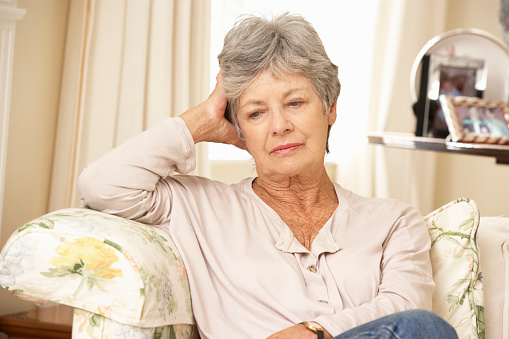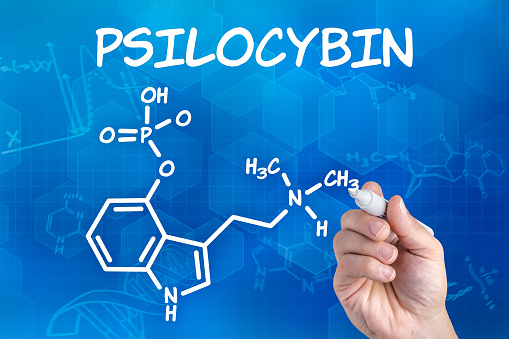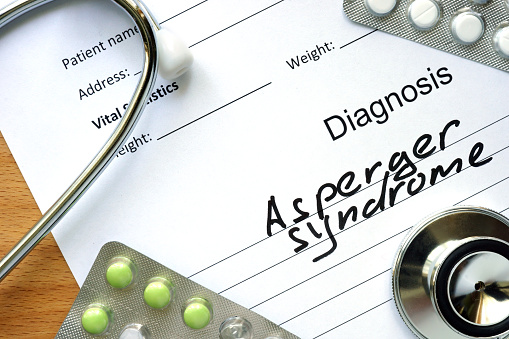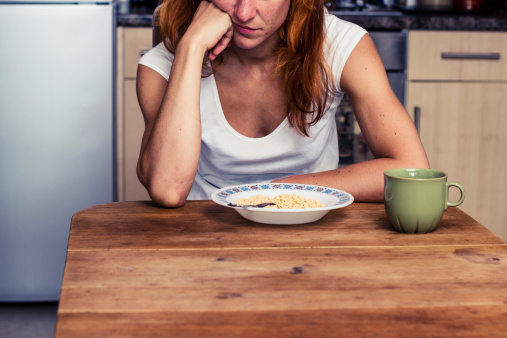Depression linked with lower breast cancer survival
Depression has been tied to lower breast cancer survival rates, according to the latest findings. Dr. Elizabeth Davies from the King’s College London said, “Low mood and depression are understandable reactions to a breast cancer diagnosis. Clinicians generally know to look out for this, but these findings emphasize the need to ask patients with cancer ...click here to read more














